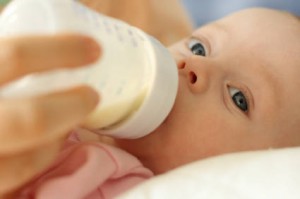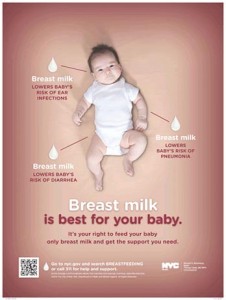Premium-casual restaurants are a popular trend in western canada and with big competitors, they are looking to expand into the eastern provinces. A restaurant would fall under the category “premium-casual” if, compared to the the traditional casual chains, it is “more elaborate, the servers more polished and the wine and bar programs more evolved.” Cactus Club, Earls, Milestones, The Keg and Moxies are all perfect examples. The reason why these restaurants evolved on the west coast are because of “adventurous tastes” and a small number of chain restaurants located there. Since Canadians in different regions across the country have different tastes, the question is will these restaurants be just as successful in the east? Earls and Joeys restaurant expansion into Washington State, have given them similar results to their Canadian locations, however their brands “don’t enjoy the same recognition”across the border, perhaps due to the “premium-casual” category being non-existant in the U.S. Furthermore, Americans tend to be more price-sensitive when it comes to dining.

These premium-casual restaurants have a lot to consider, if they want to continue to be successful, before they decide to expand beyond the west. This relates to our Class 2- “Marketing Meets Accounting” discussion about if Tata Motors should introduce their products in North America. Like premium-casual restaurants on the west coast, Tata Motors is highly popular and successful in India, but if it decided to expand into another region such as North America, it could expect to see some negative results.
Monthly Archives: October 2012
Brand-Name Baby Formula in Hospitals
In Jenny Ling’s blog post regarding the article “Are Free Samples of Brand-Name Baby Formula in Hospitals Unethical?” the question of whether companies should be allowed to advertise in hospitals was imposed. Personally, I don’t see what the big fuss is about. New mothers are capable of understanding and knowing the importance of breastfeeding. I do not see them as being a vulnerable group to the advertisements. If they seem confused as to whether they should breast feed or use baby formula, they can easily talk to their doctor or pick up a brochure to learn the facts. I don’t see why mothers would want to choose to use a baby formula instead of breast-feeding in the first place since breast-feeding would cost them nothing, opposed to paying $800-$2800 a year for infant formula. Furthermore, banning the practice of providing formula samples in several cities and states is an extreme and unnecessary measure. Even if companies are not allowed to advertise in hospitals, they will still be sending out free samples in the mail to the homes of new mothers.


